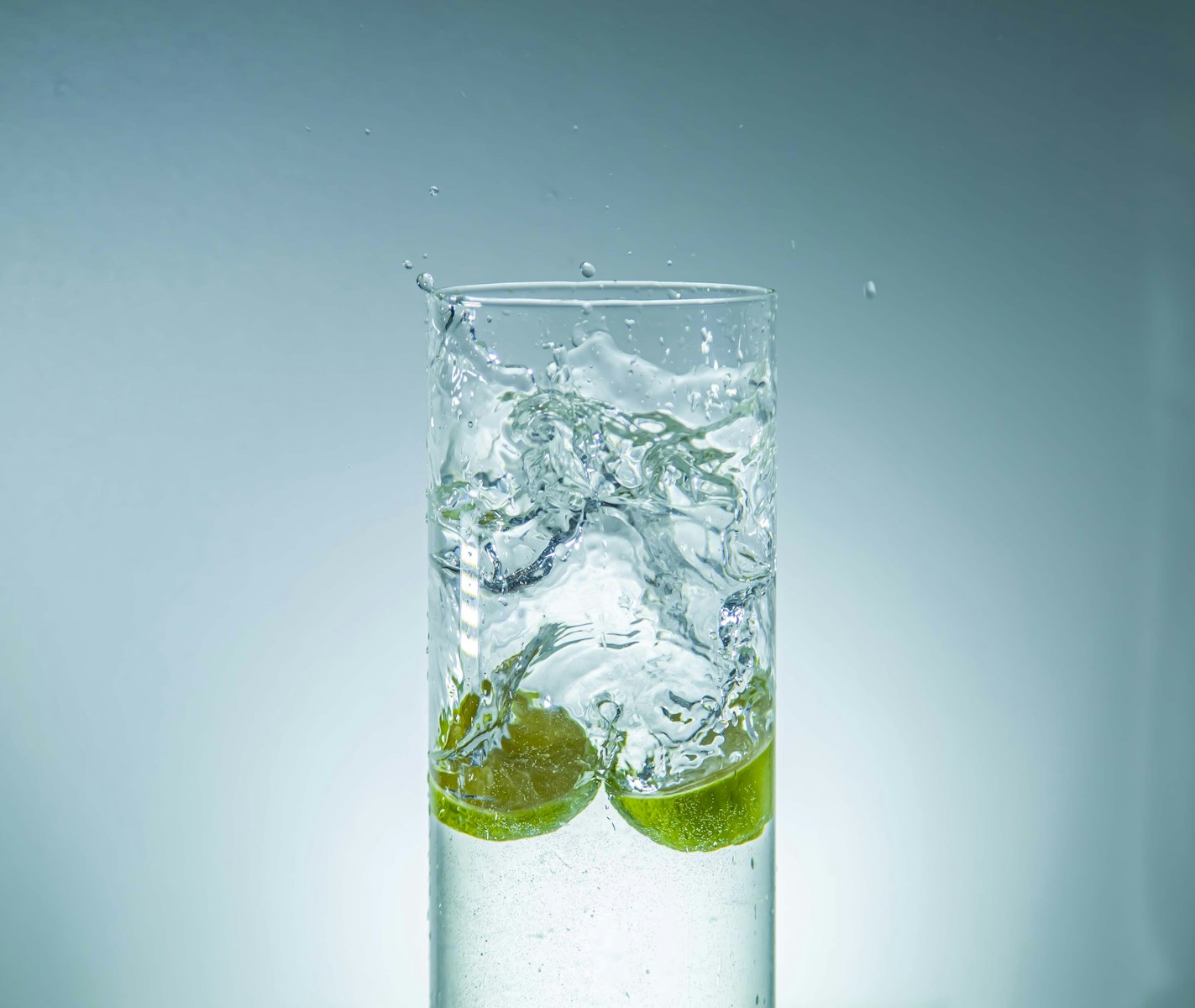Water isn’t just essential for quenching your thirst — it’s a critical component of heart health. Every heartbeat sends oxygen-rich blood through your body, and water helps ensure that process runs smoothly. When you’re well-hydrated, your heart doesn’t have to work as hard, your circulation improves, and your risk of heart-related complications drops.
Yet, despite its importance, many people underestimate how much hydration impacts their cardiovascular system. In this article, we’ll explore why water matters so much for your heart, how dehydration affects you, and simple steps you can take to stay hydrated every day. For more daily nutrition and lifestyle tips, visit our Nutrition & Wellness hub.
1. How Hydration Supports Heart Function
Your heart is a powerful muscle, pumping about 2,000 gallons of blood every single day. Proper hydration helps maintain optimal blood volume, making it easier for your heart to transport oxygen and nutrients. When you’re dehydrated, your blood becomes thicker, increasing strain on your heart and potentially raising blood pressure.
Key benefit: Staying hydrated reduces cardiovascular strain and supports stable blood pressure levels.
2. Dehydration and Its Impact on Heart Health
Even mild dehydration can have noticeable effects on your body, such as dizziness, fatigue, and faster heart rate. Over time, chronic dehydration can contribute to more serious issues, including:
- Increased blood pressure due to thicker blood consistency.
- Reduced efficiency in nutrient delivery to organs.
- Higher risk of heat-related stress on the heart.
Learn more about related cardiovascular risks in our Heart Health section.
3. How Much Water Do You Really Need?
The “8 glasses a day” rule is a decent starting point, but your hydration needs depend on your age, activity level, climate, and overall health. A better approach is to aim for half your body weight in ounces of water daily. For example, if you weigh 160 lbs, you’d aim for around 80 ounces (about 2.3 liters) of water.
Pro Tip: Increase your water intake if you exercise regularly, spend time in hot weather, or consume dehydrating beverages like coffee or alcohol.
4. Signs You May Be Dehydrated
Your body sends clear warning signs when it’s running low on fluids. Look out for:
- Dry mouth or lips
- Dark-colored urine
- Fatigue or low energy
- Dizziness or lightheadedness
- Rapid heartbeat
If you notice these symptoms often, review your daily fluid habits.
5. Best Hydration Sources for Heart Health
Plain water is the gold standard, but you can also boost hydration through other healthy beverages and foods:
- Herbal teas (e.g., chamomile, hibiscus)
- Coconut water (unsweetened)
- Water-rich fruits like watermelon, cucumber, and oranges
- Low-sodium vegetable broth
For a complete list, check our Sugar-Free Living section to avoid sugary drink traps.
6. Avoiding Hidden Sugars in Drinks
Many popular beverages marketed as “healthy” are loaded with added sugars. Sports drinks, flavored waters, and bottled teas can contain more sugar than a soda. Always check the nutrition label and choose unsweetened or naturally flavored options.
Better choice: Infuse your water with lemon, mint, berries, or cucumber for flavor without sugar.
7. Hydration Tips for Busy Lifestyles
If you struggle to drink enough water, try these simple strategies:
- Carry a reusable water bottle everywhere you go.
- Set reminders on your phone or smartwatch.
- Drink a glass of water before every meal.
- Start and end your day with water.
We’ve reviewed some great reusable bottles in our All Products section — check them out for heart-friendly hydration solutions.
8. Special Hydration Considerations for Heart Patients
If you have certain heart conditions, your fluid intake may need to be closely managed, especially if your doctor has prescribed diuretics. Always consult your healthcare provider before making big changes to your hydration habits.
Note: In some cases, excessive fluid intake can also stress the heart, so balance is key.
Final Thoughts
Water plays a far greater role in heart health than most people realize. By staying consistently hydrated with heart-friendly beverages and water-rich foods, you can support optimal circulation, reduce strain on your heart, and feel more energized throughout the day.
For more heart-healthy nutrition tips, explore our Nutrition & Wellness category, or join our Affiliate Program to inspire others while earning rewards.





